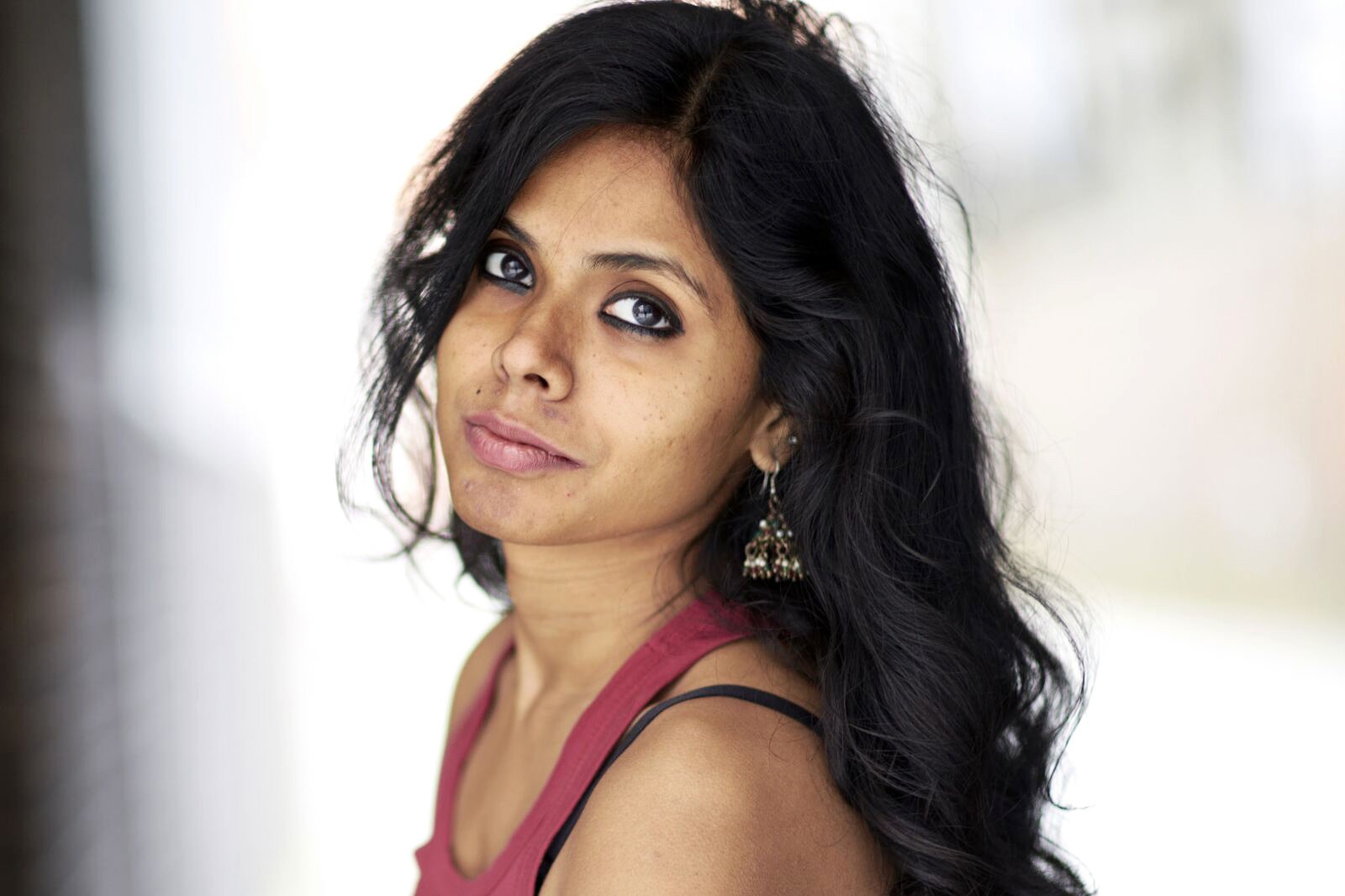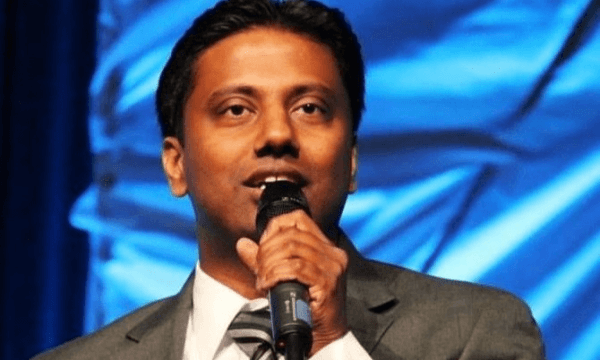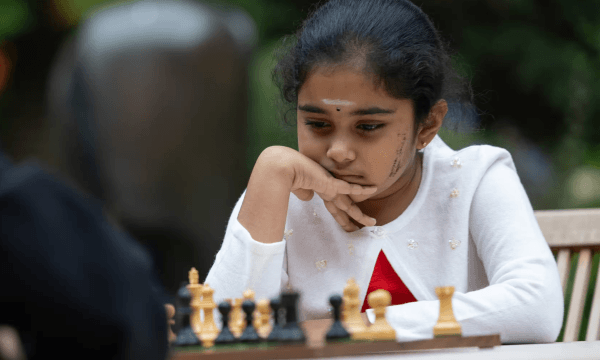
This interview was first published on March 6th 2012. Since then Meena has gone on to complete her novel, which will be available April 2014, and is featured on Vogue India's 2014 "Big Read" list.
Born and raised in Chennai, Meena Kandasamy is a writer, activist, award-winning poet, and translator, who also holds a PhD in socio-linguistics from Anna University Chennai.
According to Meena, when she was in her teens she never imagined that she would be a writer. “But it happened”.
So what has the pursuit of her passion been like? TC had the chance to find out more about Meena's writing and what she’s working on now. Read our interview below.
TamilCulture: Tell us a bit about yourself.
Meena Kandasamy: I spent the first 25 years of my life in Chennai. My mother teaches Math at IIT, and my father used to teach Tamil literature at the University of Madras. In a way, I grew up in the midst of books, and was addicted to reading. My parents were in many ways the biggest influence during my growing-up years—they were rebels within their own institutes, their friends were radicals and activists, and I grew up in an atmosphere where I learnt that one had to fight for things much bigger than oneself, that one had to speak up when it mattered.
TC: How did you start pursuing writing?
MK: I started writing first on these bulletin board kind of places that the internet in the late 1990s was famous for. You would get instant response from total strangers, and sometimes, it would let you have faith in yourself. It was very anonymous in those days, not like the personality-driven social media cult of today.
My first full length essay was a serious critique of VS Naipaul that I wrote in 2001 when he won the Nobel Prize. I wrote a lot of poetry in my diary, I started a blog. Then I started to write for the papers, an article here, another there. I never looked at writing as a “career”. It was the only thing that I was doing. For a long time, I only worked on translations, and that was how I was often identified.
TC: What influences or inspires your writing?
MK: Dissent. Protest. Rebellion. The need to speak out. The need to show support. It is a long time since I wrote anything merely for it to look beautiful.
TC: As you write about the politics of the body and the caste system it seems inevitable that your work would often be contested. How have you dealt with this? How has this contributed to your writing?
MK: Most of the challenge comes from Hindu right-wing extremists who don't want to even envisage a reality where the caste system is under attack. Besides, when the person writing about the politics of caste, sexuality and religion is a woman, it upsets them a great deal more.
They turn personally abusive, spread rumors, call you filthy names, give you threats, drag you to courts, the entire works. How has this contributed to my writing? I have learnt how to stay silent, how to not react to unfounded smear campaigns, how to retain my peace and continue my work.
It has made me much more reserved and passive individually. All the negativity does affect me. I cannot write as much as I want to, because my energy is squandered on reacting to these trivialities.
TC: What have been significant triumphs in your writing career?
MK: Well, publishing books, being invited to festivals/seminars, being prescribed in the syllabus, getting translated into various languages, having a fan following, these are the “standard” measures of success, and in that perspective, one assumes that I have come a long way.
In my own opinion though, I rate my success only based on how much my work has percolated to the people. One of my happiest moments was when I read a news-item about university students reading my poetry in order to mark their protest!
TC: What advice would you offer to someone pursuing a career in writing?
MK: A lot of advice that people who wish to pursue a career in writing get is about how they have to read more, write on a daily basis, hone their skills, and never be afraid of rejection. All of these are pertinent and universal.
I would suggest those who want to make writing a career, to shy away from becoming the voice of the establishment. It is easy to make a name and establish oneself by staying apolitical and not challenging oppression, but I think it is a pointless exercise.
TC: What are you currently working on?
MK: I am working on my novel The Gypsy Goddess and a new collection of poetry whose title I haven't thought of yet. I have carried this novel in my head since 2009, and so many things have happened to my life (my PhD, my second book of poetry, insane amount of travel), and now I want to really, really just wrap it up and present it to the world.
The Gypsy Goddess' synopsis: Tamil Nadu, 1968. Landlords rule over a feudal system that forces peasants to break their backs in the fields or be punished. As a small spark of defiance begins to spread among communities, the landlords vow to break them; party organizers suffer grisly deaths and the flow of food into the marketplaces dries up. But it only strengthens the villagers' resistance. Finally, the landlords descend on one village to set an example for the others.

























